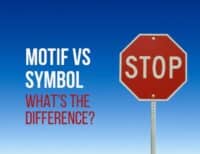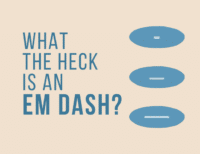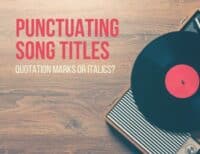So we now all know when to use “afterward” and “afterwards” thanks to last week's -ward/-wards post, right? Good, because there's another usage bomb about to drop. Occasionally, we confuse “afterward” and “afterword” as well. One is a noun. The other is an adverb. The meanings are not the same.
Afterward(s) refers to an action that occurs sequentially after a previous action. Leslie and Derek stuffed their faces with cream puffs, but felt sick immediately afterward. It refers to events in a chronology.
An afterword is an epilogue, or comment from the author at the end of a book. It might allow for some additional closure at the end of the plot, or it might be a commentary from the author about the work itself. J.K. Rowling wrote an afteword at the end of her last Harry Potter book. Suzanne Collins included one at the end of the final Hunger Games novel.
Either way, it's important not to mix the two, because they're completely different words with entirely different parts of speeches and meanings.
PRACTICE
Take fifteen minutes and write an afterword to a favorite book, short story, or film, describing the effects of the plot's conclusion, and what happens to the characters afterward. Share your practice in the comments, and take some time to read the prose of your fellow writers.








Whenever I read the afterword, I get sad afterward because the book’s over.
Katie
Gone With the Wind:
The next day, Rhett realizes he just can’t leave Scarlett behind. He rushes back to their house and finds Scarlett preparing to go back to Tara. He and Scarlett beg each other for forgiveness and admit they have both been complete idiots. Scarlett of course insists she was the biggest idiot of all. Eventually, they have another child together named Melanie. They all spend the rest of their long glorious lives together and live happily ever after.
😉 Couldn’t help myself.
Well I’m glad someone figured out how to do that. I couldn’t think of any stories or books that everybody else would be familiar enough with that didn’t have a tied up ending.
Liz would havecavbetter life by abandoning nit-picking